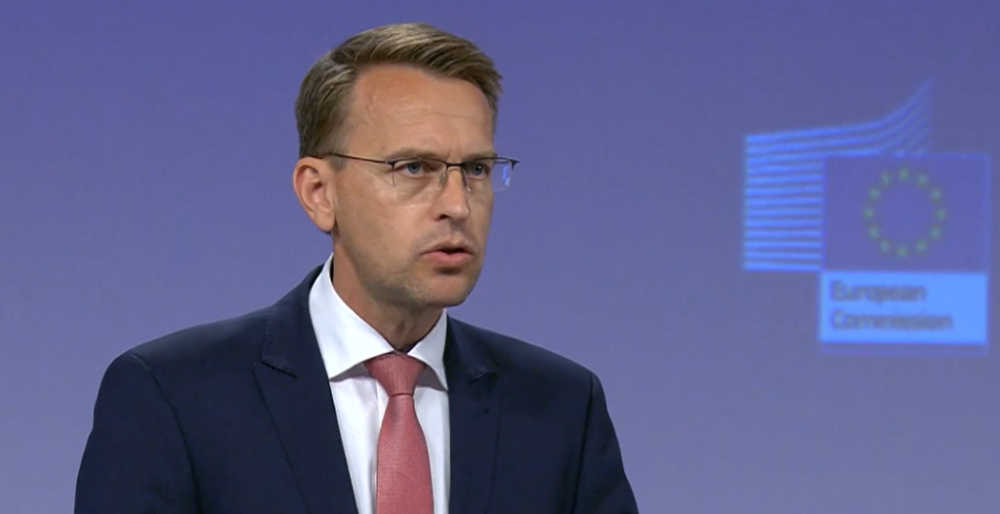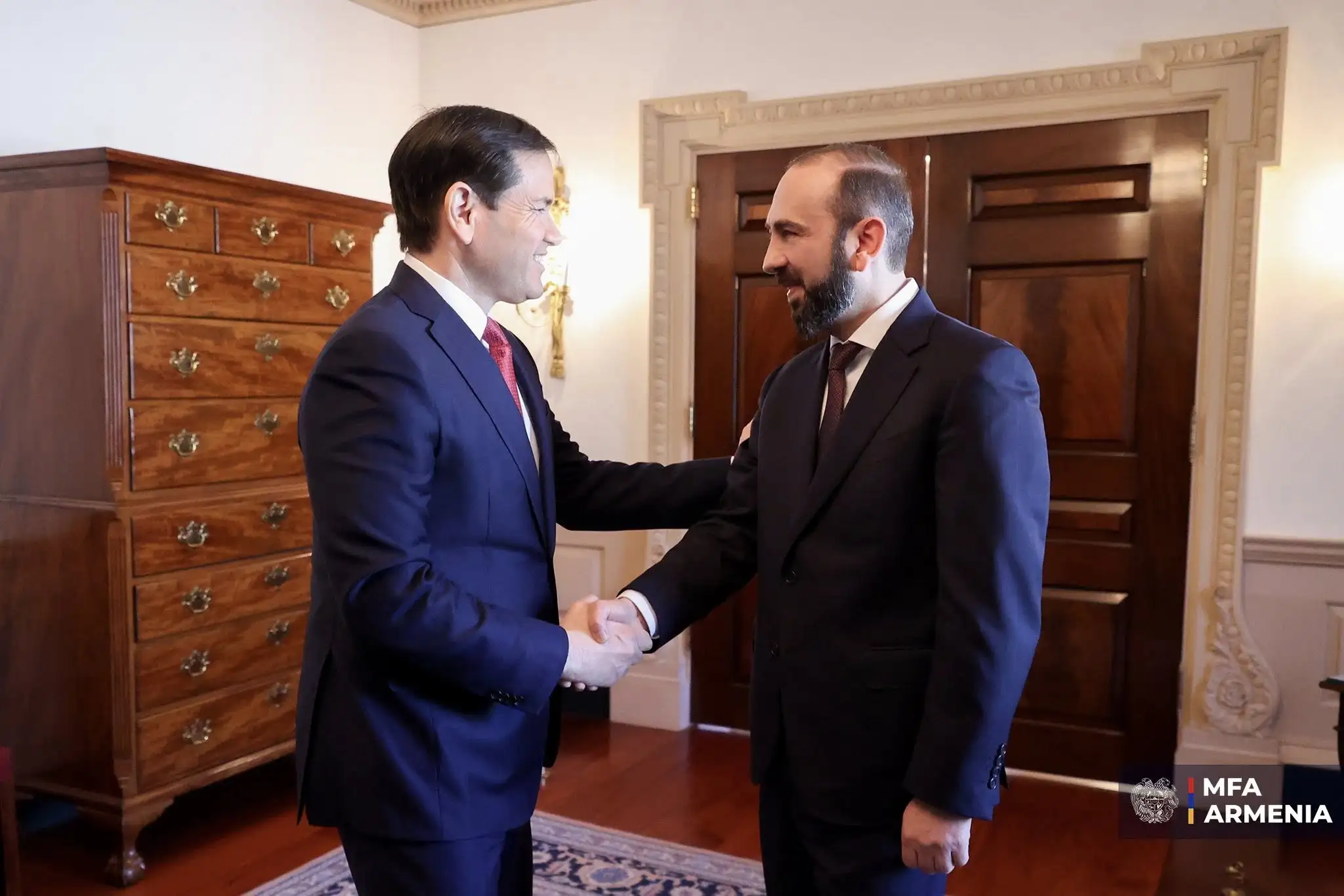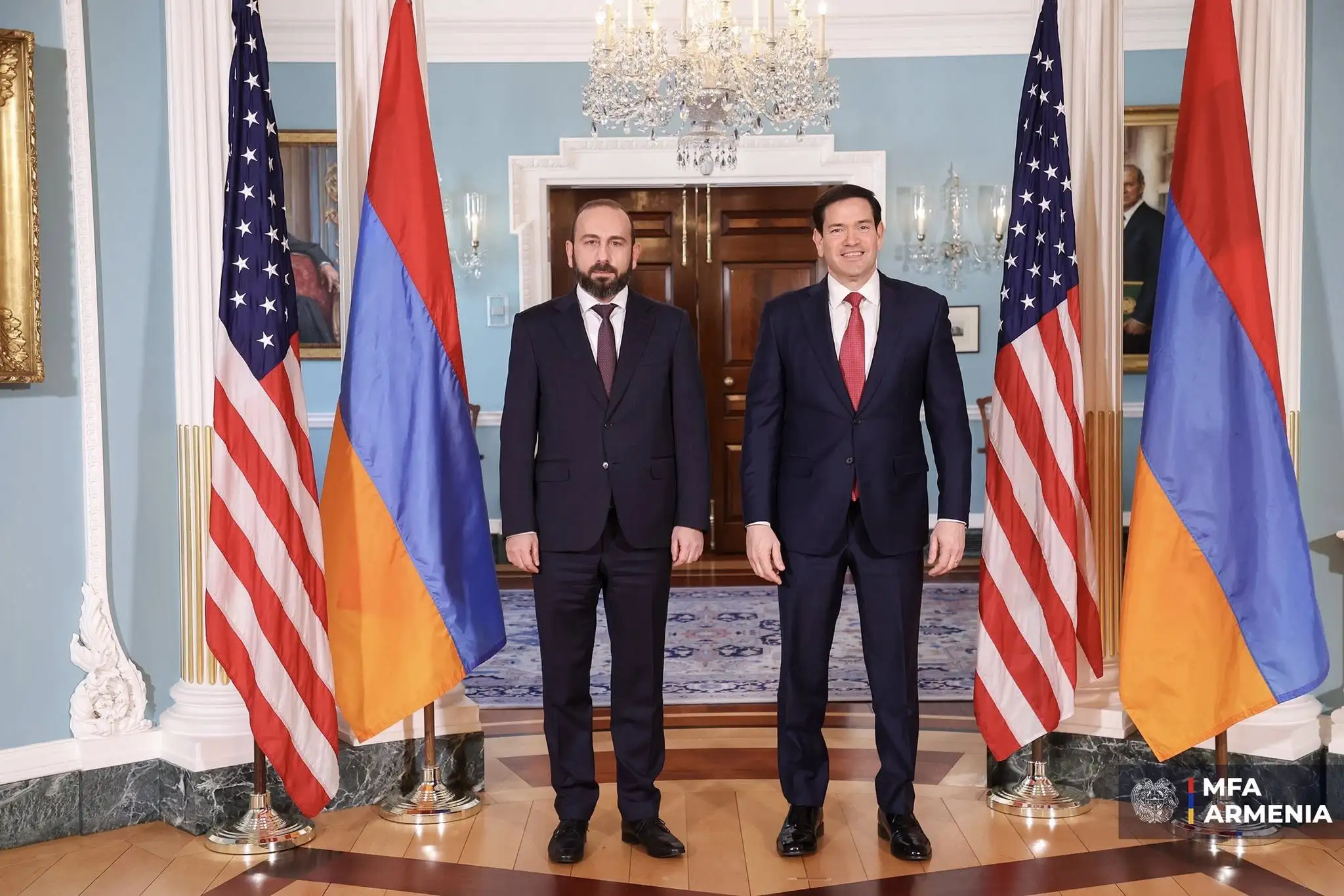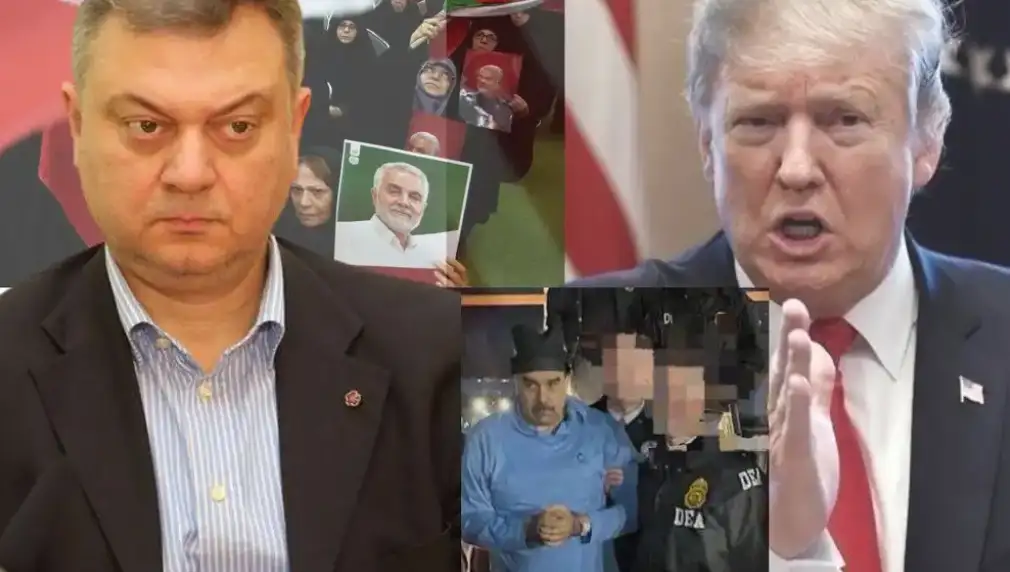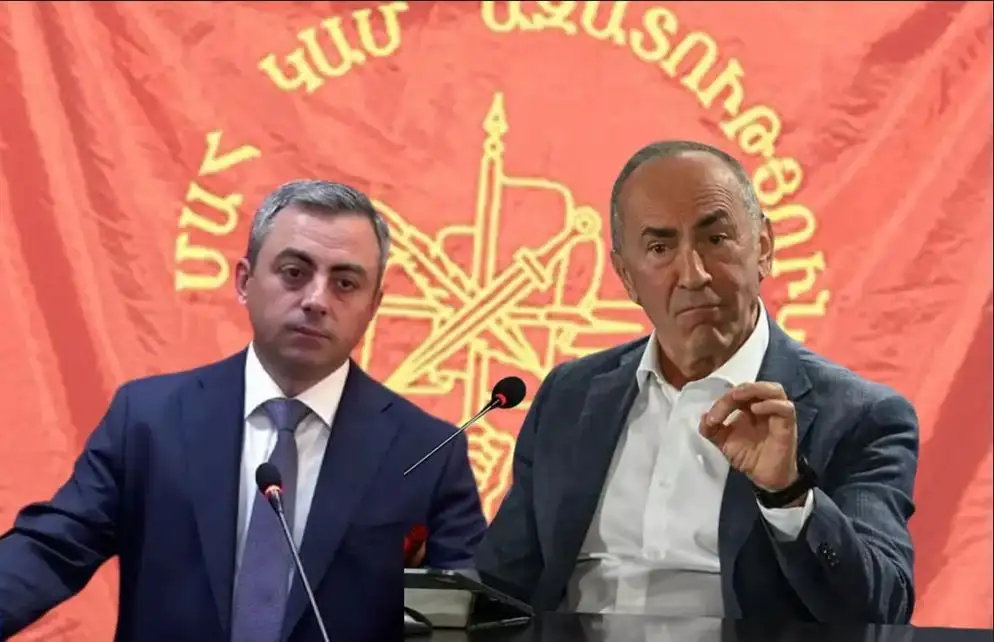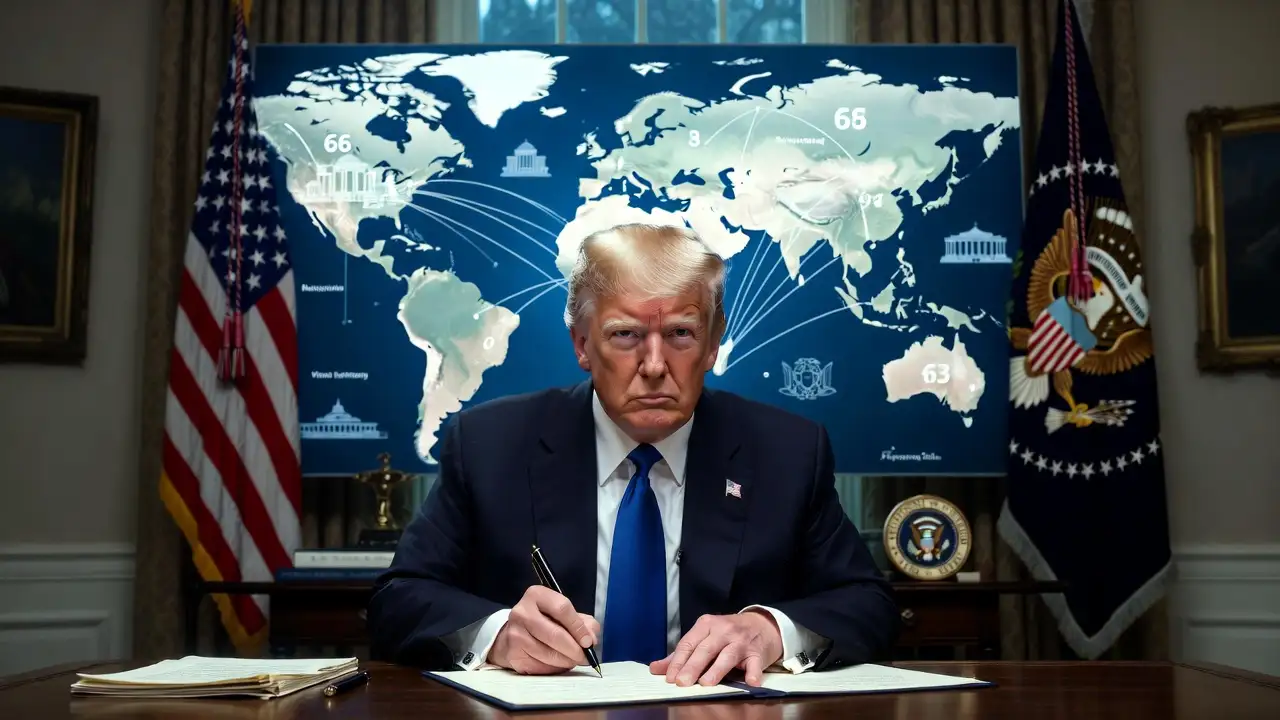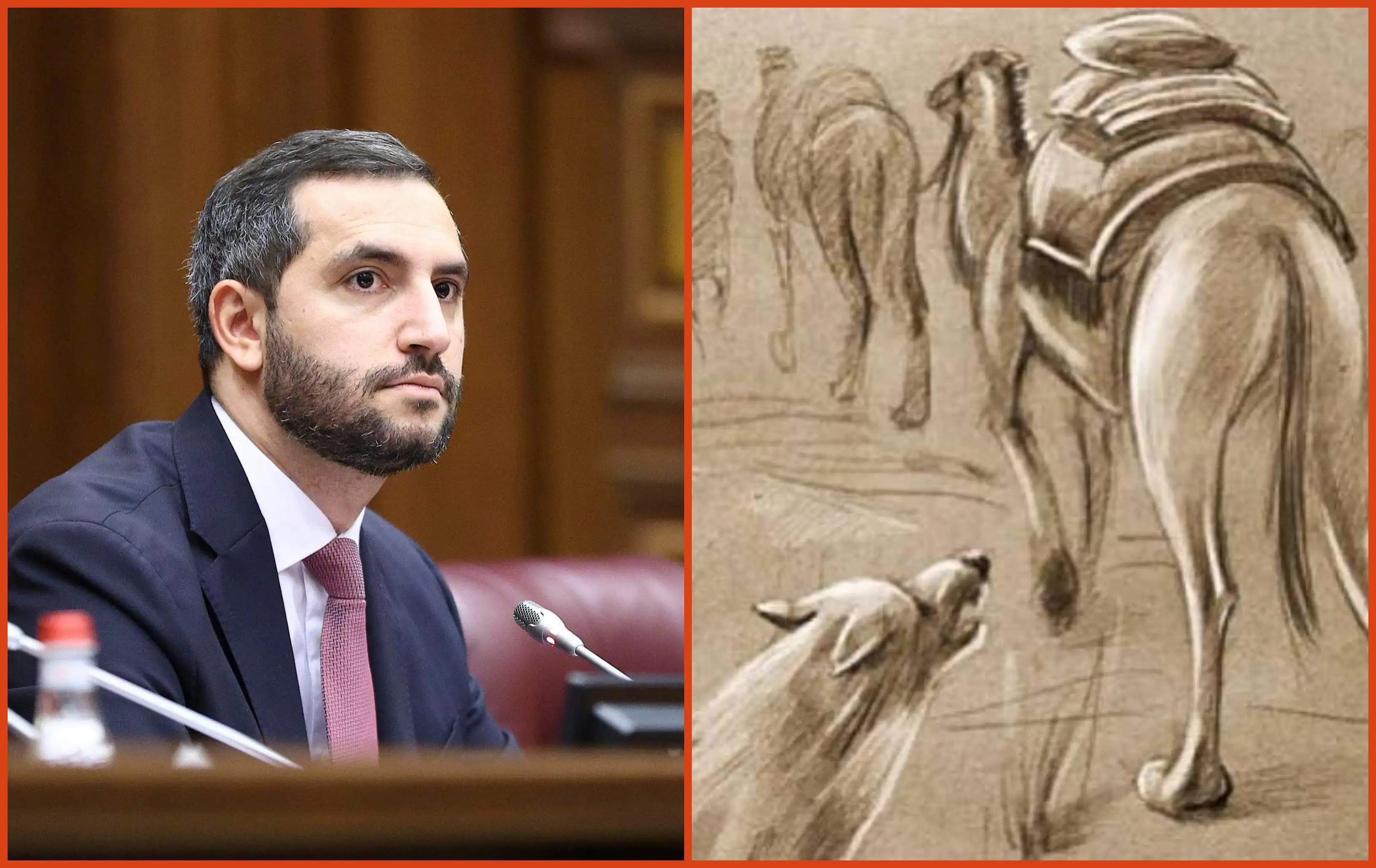The European Union supports stable and lasting peace, so efforts to normalize relations between Armenia and Azerbaijan should continue faster. This was announced by EU foreign relations and security policy spokesperson Peter Stano in an interview with "Armenpress," a Brussels correspondent, referring to possible EU actions against Azerbaijani aggression, the applicability of sanctions, the EU observation mission stationed in Armenia, and Azerbaijan's statements against it.
- The other day, Azerbaijani troops stationed in the sovereign territory of Armenia launched another unprovoked aggression against Armenia, killing four soldiers. The high representative warned of severe consequences for Azerbaijan if the latter continued its aggressive actions. What will your actions be now?
- Of course, we condemn every loss of life, wherever it happens, in whatever circumstances. But this repeated incident, unfortunately, once again emphasized the need to separate the forces from each other and make a much greater effort to prevent such incidents because they do not lead to anything positive. They contribute to forming an atmosphere of tension and mistrust and add another tragedy to the tragedy. This shows the urgent need to distance the powers from each other, and the EU has long advocated this view. We support stable and lasting peace, so efforts to normalize relations between Armenia and Azerbaijan must continue faster. The incident reminds us how important it is to continue the process of normalizing ties because, without normalization, there is a risk that such incidents will happen again and again. As I said, it only worsens the general atmosphere. On the one hand, it is essential to show restraint and, on the other hand, to distance the forces from each other.
- What will be the specific actions of the EU? After all, the Azeri attack was on the sovereign territory of Armenia. You always emphasize diplomacy, negotiations, etc., but other tools will stop Aliyev. Incidents continue. Therefore, what actions will the EU take since the sovereign territory of Armenia is under threat?
- First, the EU is not an actor; it is not involved in this issue. This is, in fact, a bilateral issue, a matter of respect for international law. We always say that the territorial integrity and sovereignty of countries should be respected; it should be expected that disputes over them should be resolved at the negotiating table. Thus, we are not a direct party or a direct participant, but as a third party, we can work with our partners and encourage them to solve all issues together, not by shooting, but by discussing at the negotiating table. And I repeat, that is why we, together with the President of the European Council and Special Representative Toivo Klaar, supported the normalization process.
- During the joint press conference after the last session of the EU-Armenian Partnership Council, Mr. Borel announced that relations are at the highest level. If so, why is the EU not taking practical steps to hold Azerbaijan accountable? We are talking, in particular, about sanctions.
- High Representative Borel said that EU-Armenia relations are currently at their best and highest level, and we are determined to continue working to deepen and strengthen them. This is why we agreed two weeks ago in Brussels to start working on a new partnership agreement or a new partnership agenda with Armenia to reveal the full potential of our cooperation. Multilateral support is provided to Armenia, particularly in practical matters: economy, social development, economic investment plan, and humanitarian support, for example, for people who fled (forcibly displaced - ed.) from Nagorno Karabakh. We are working to strengthen the stability of Armenia, particularly the resilience of the economy, and we are doing this through the European Investment Program, the Economic Investment Plan, and other means. We already said last year that we would also study the possibilities of strengthening Armenia's defense capabilities; of course, we are talking about non-lethal means and tools. But this is something that is on the table.
In the discussions and cooperation of this new partnership, we will also include the field of security and defense, so there are practical steps to help Armenia to be stronger and more resilient to any problems that threaten its security. At the same time, we will continue to cooperate with Azerbaijan as well, trying to convey very powerfully the message that unilateral actions such as the threat of force, the threat of use of force, and violations of international law are not the way forward; they will have consequences. We are at a stage in relations with Azerbaijan where we still prefer engagement over threats. Still, if the situation continues to develop negatively, the member states (EU member states - ed.) should decide to review the situation and see what other tools we can use.
- What is the red line for the EU? When will you say enough is enough? What is the mandatory condition for applying sanctions against Azerbaijan?
- I should clarify something very clearly. EU sanctions, in general, are only a magic solution to some problems. Sanctions always apply in conjunction with other tools we use. Usually, we impose sanctions when all other tools fail to achieve the desired goals...
- But don't you think that sanctions can help stop Aliyev, and he will at least think twice before attacking Armenia?
- We still believe that no one will attack Armenia and that all threats will be eliminated during the engagement. But, at the same time, the European Union has indicated that we will react if there is any violation of Armenia's territorial integrity and sovereignty. Again, we cannot focus only on sanctions as the only magic wand that solves everything, including their use as a potential. If we look at the history of the European Union's use of sanctions, it is usually the last resort that we use. We must remember the principle of accepting sanctions; this is a tool in the hands of the member states, which must first sit together and decide; all 27 member states must take that decision unanimously. This is an auxiliary measure in combination with other instruments that the European Union always prefers to use to solve problems and eliminate threats and challenges.
- The EU is expanding its mission in Armenia. At the same time, the Ministry of Foreign Affairs of Azerbaijan invited the EU ambassador to the ministry and said that the EU observation mission in Armenia is engaged in anti-Azerbaijani propaganda instead of building trust. What is your reaction to this position?
- The European Union decided to start its mission in Armenia based on Armenia's request, and we deployed that mission in Armenia's territory. Hence, this mission is between the EU and Armenia. Accusations and continuous criticism from Azerbaijan are groundless and painful. Part of the mission, or rather one of the ambitions, is also to engage in confidence-building measures with Azerbaijan, and this proposal is working. Therefore, we repeat the proposal to Azerbaijan to engage in our mission at every opportunity because it will only benefit us. This is an unarmed civilian mission stationed in the territory of sovereign Armenia to monitor and report on what is happening. Also, to reassure the Armenians that an EU partner is looking after their security and protection,. This is not a mission against anyone. It is a mission to strengthen stability; we also hope it will enhance confidence. Therefore, our offer to cooperate with Azerbaijan is valid, but at the same time, we firmly reject all baseless accusations and criticisms directed against this mission.
- The congratulations of the President of the European Council, Charles Michel, to Aliyev and the statement of the YPG regarding the elections in Azerbaijan are not good examples of standard European policy. Some experts emphasize the differences between these two approaches. What is your explanation for this?
- The European Union has one policy and speaks with one voice. What you describe are two different aspects or views of the same issue. It is customary for the European Union to congratulate people elected or re-elected to their positions, either at the level of Prime Minister or Head of State, so this is done at the appropriate level. So Charles Michel, as President of the European Council, talks to his colleagues, the President, and the Prime Minister. Therefore, the President felt that he should congratulate President Aliyev on his re-election, and he did so. We still listen to the concerns raised by the EU observation mission on the ground, highlighting the electoral process violations. If you read the assessment very carefully, the report does not question the legitimacy of the elections or the election of Mr. Aliyev; the mission points out all the violations and problems and makes recommendations for the future so that the upcoming elections are conducted much more in line with international standards. So these are two phases of the same question, but taken from different angles. As diplomatic officers of the European Union, we focus on these processes and what needs improvement. We are discussing it with Azerbaijan. We have a continuous dialogue. In a few weeks, we will have a political meeting at the highest level within the framework of bilateral cooperation. Thus, we raise these issues and discuss them. The final report of the elections is not yet available. It was a preliminary report, and the final report is usually published a few weeks or months later. Then, we will take this conclusion very seriously and engage with Azerbaijan to ensure they comply with all the demands and recommendations.
- EU Ambassador to Armenia, Vassilis Maragos, announced that Josep Borel plans to visit Armenia. Can you specify the specific dates of the visit and what the purpose of the visit is?
- The high representative is undoubtedly loyal and wants to visit all our partner countries, especially those partners who are interested in deepening and strengthening their cooperation with the European Union. On the other hand, the High Representative is responsible for the EU's foreign and security policy, and this policy nowadays faces enormous challenges that require him to be in many places, at many events, almost simultaneously. So, the issue is on the agenda; we are working on a possible date. We have nothing to announce at this stage. Still, we hope that it will be possible for him to visit Armenia very soon to convey the messages of European commitment and willingness to expand and deepen cooperation with Armenia.




